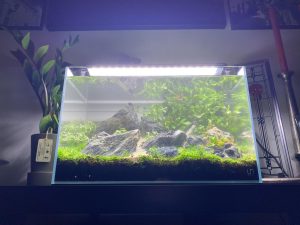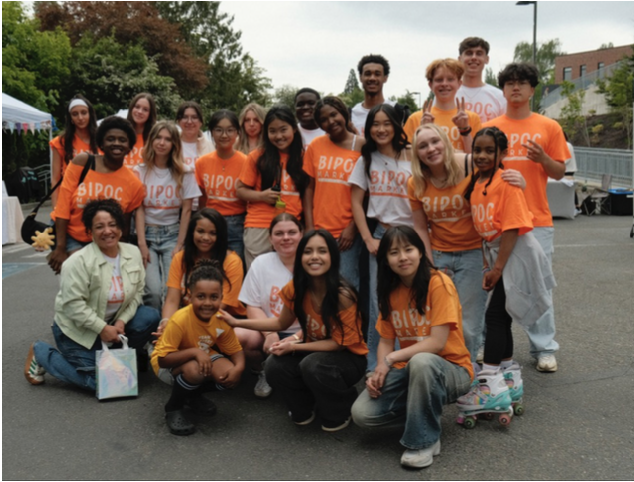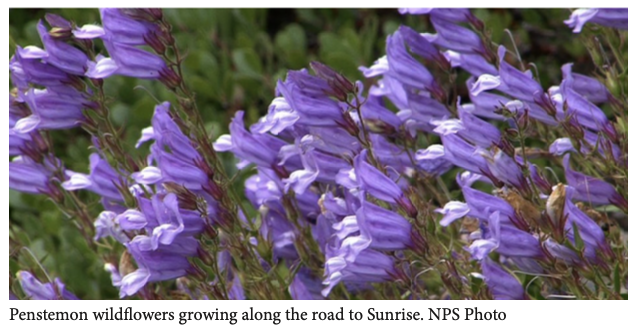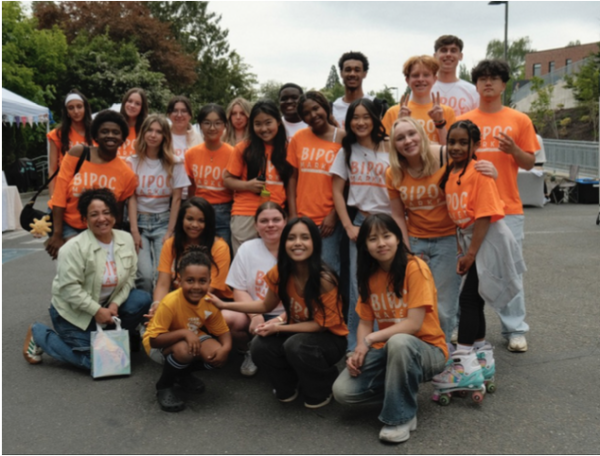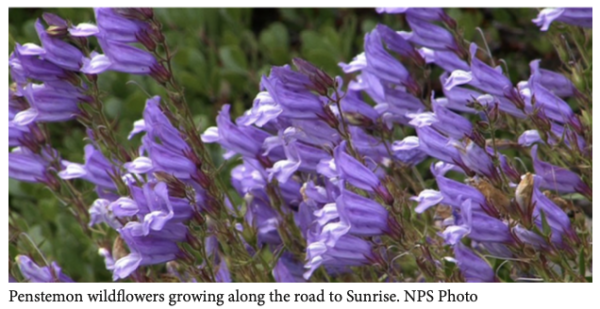IA Engagement: Sustainable Agriculture and our Connections to it
November 7, 2022
In consideration of the socioeconomic and environmental impacts of conventional farming practices, sustainable agriculture emerged. Its development is inevitable and critical given that the current agricultural system negatively impacts society, the economy and the environment and fails to meet sustainable standards. The conventional agricultural system, relying on a linear model that does not preserve and recycle natural resources, exacerbates environmental issues. This model not only increases the rate of resource depletion but also wastes food that could have been accessible to those who need it. These negative effects usher in the development of sustainable agriculture and highlight its significance and potential.
To better understand how different actors in society are involved in this issue, I interviewed Kathryn Doonan. She manages grant programs, designs curriculums and educates the public on issues related to sustainability, and communicates with research institutions as the Extensive Coordinator at the Center for Sustaining Agriculture and Natural Resources (CSANR). Kathryn shared with me that sustainable agriculture involves various actors—such as researchers, politicians, farmers and industries—that play different roles. For example, farmers, though previously neglected in the conversation around sustainable agriculture, now compose a large part of its current movement. They act as the drivers or executors of sustainable agriculture, learning about sustainable, economical practices from researchers, the public or organization affiliates and putting them into practice. To engage farmers for change, researchers provide proof of the environmental benefits and cost efficiency of certain practices, and the public and organizations help relay this information to farmers. Furthermore, the federal government and politicians help shape sustainable agriculture by providing funding and regulating the system.
But how are we related to this issue? What roles do we play? As consumers, we drive major corporations’ decisions, which can reinforce conventional, unsustainable agriculture. For example, the grocery we buy—its location and process of production and producers—signals to corporations the demand for foods produced in a certain way and therefore influences their supply. Hence, we need to be conscious of the choices we make. Some of the actions that we can take to support sustainable agriculture are buying locally produced food, engaging in farm work such as seeding and gleaning as a volunteer, and—most importantly—learning about and sharing this issue and the work around it with others.
To close, I would like to share a message from Kathryn: “As consumers, everything that we do can have a negative impact on the sustainability of our resources in the long run, so trying to make the best choices is going to be the most beneficial. Identify where your priorities are and what is most important to you and then make decisions based on that.” By prioritizing sustainable choices, we can build a more sustainable system together.
You can participate in sustainable farming work as a volunteer via the following organizations or projects.
21 Acres: https://21acres.org/get-involved/become-a-volunteer/
Pierce County Gleaning Project: http://piercecountygleaningproject.org/
L’Arche Tacoma Hope: https://www.larchetahomahope.org/farm-and-gardens/
This article serves as an engagement for the author’s Global Politics Internal Assessment. It has been edited for length and clarity and to uphold Inkwell’s standards for published content.



